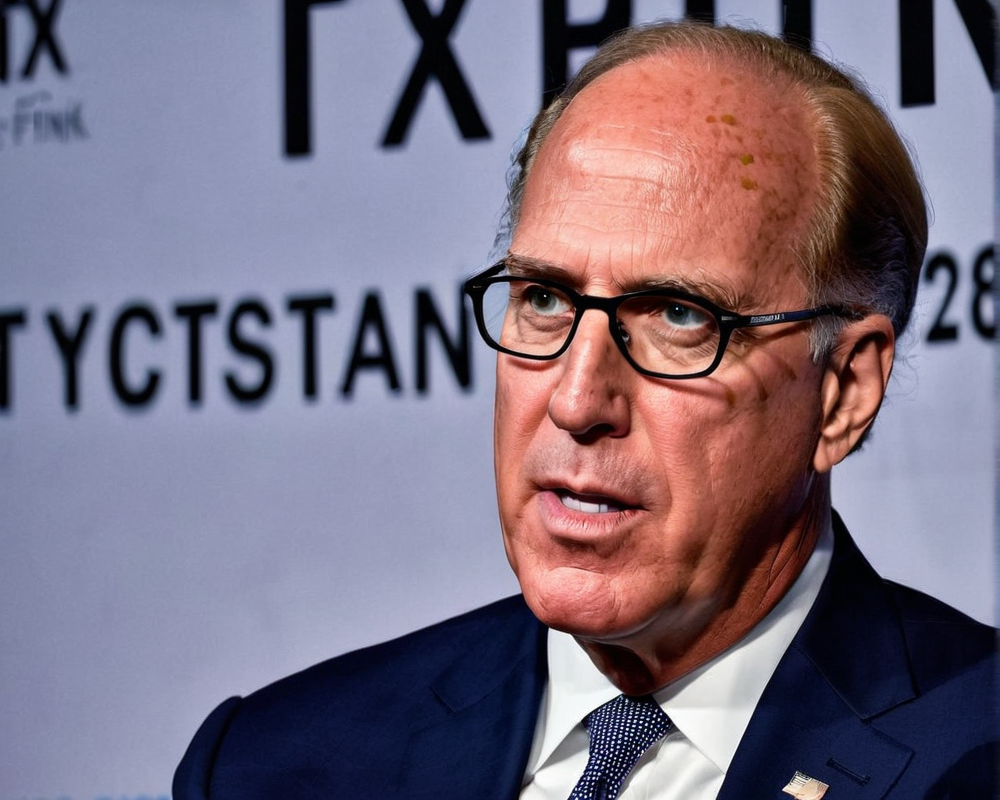Understanding Bitcoin and Blockchain Technology
Mark A. Calabria, a prominent economist at the Cato Institute, shares his thoughts on Bitcoin, a decentralized digital currency that has stirred imaginations and wallets alike. Though he identifies more as an economist than a tech guru, it’s clear he’s intrigued by the potential of both Bitcoin and the blockchain technology it’s built on. Picture it like a digital ledger; transactions recorded for all to see, yet privacy maintained. The possibilities? They range from revolutionizing land ownership to streamlining electronic payments.
Cato Institute’s Stance on Cryptocurrencies
While the Cato Institute doesn’t officially take positions on specific cryptocurrencies, its community is largely sympathetic to Bitcoin. Many scholars among them are Bitcoin holders, albeit with a hint of skepticism as to whether Bitcoin will be “the one.” Nevertheless, there’s a palpable eagerness to see Bitcoin thrive, overshadowed by worries of regulatory hurdles that could stifle its growth.
The Ghost of Financial Crises Past
Looking back at the 2008 financial crisis, Calabria notes a familiar pattern of asset booms fueled by loose monetary policies. Housing prices skyrocketed, and the ripple effects hit hard. The lesson? A dangerously interconnected financial landscape spurred by bad policies fosters vulnerability. Calabria warns us not to be surprised if history repeats itself; another crisis could loom within the next decade unless we embrace more market discipline.
Proposed Solutions for a Sturdier Economy
What’s the remedy? Calabria advocates for scrapping government guarantees that encourage risky behaviors in the markets. He argues for deregulating land markets to make housing supply more elastic, thus preventing booms and inevitable busts. Ding! A light bulb moment for any serious economist: a stable housing market could mean a stable economy.
Should Bitcoin Go Under the Regulatory Knife?
The conversation inevitably turns to regulation. Would Bitcoin benefit from regulatory scrutiny or would it just be another barrier to growth? Calabria leans towards the latter, noting that burdensome regulations usually just shield existing players in the market. He proposes that private exchanges adopt user-friendly rules while allowing room for experimentation.
Cryptocurrency’s Role in Social Equity
Entering the sphere of financial equity, Calabria argues that recent post-crisis regulations have detrimental impacts on low- and moderate-income families. On the flip side, cryptocurrencies might just democratize currency in a way that traditional financial systems have failed to do. He optimistically views the future as one where cryptocurrencies could significantly benefit these communities. However, it’s essential to tread lightly on the regulatory front to avoid harming those who can least afford it.
Closing Remarks: The Future of Finance
Calabria’s insights compel us to ponder the future of finance in a technology-driven world. As he aptly puts it, “I don’t think the Bitcoin community should be complacent about the current regulatory environment.” The stakes are high and the window of opportunity for creative solutions is wide open. So hold on tight; the ride in the world of cryptocurrencies is only just beginning.




